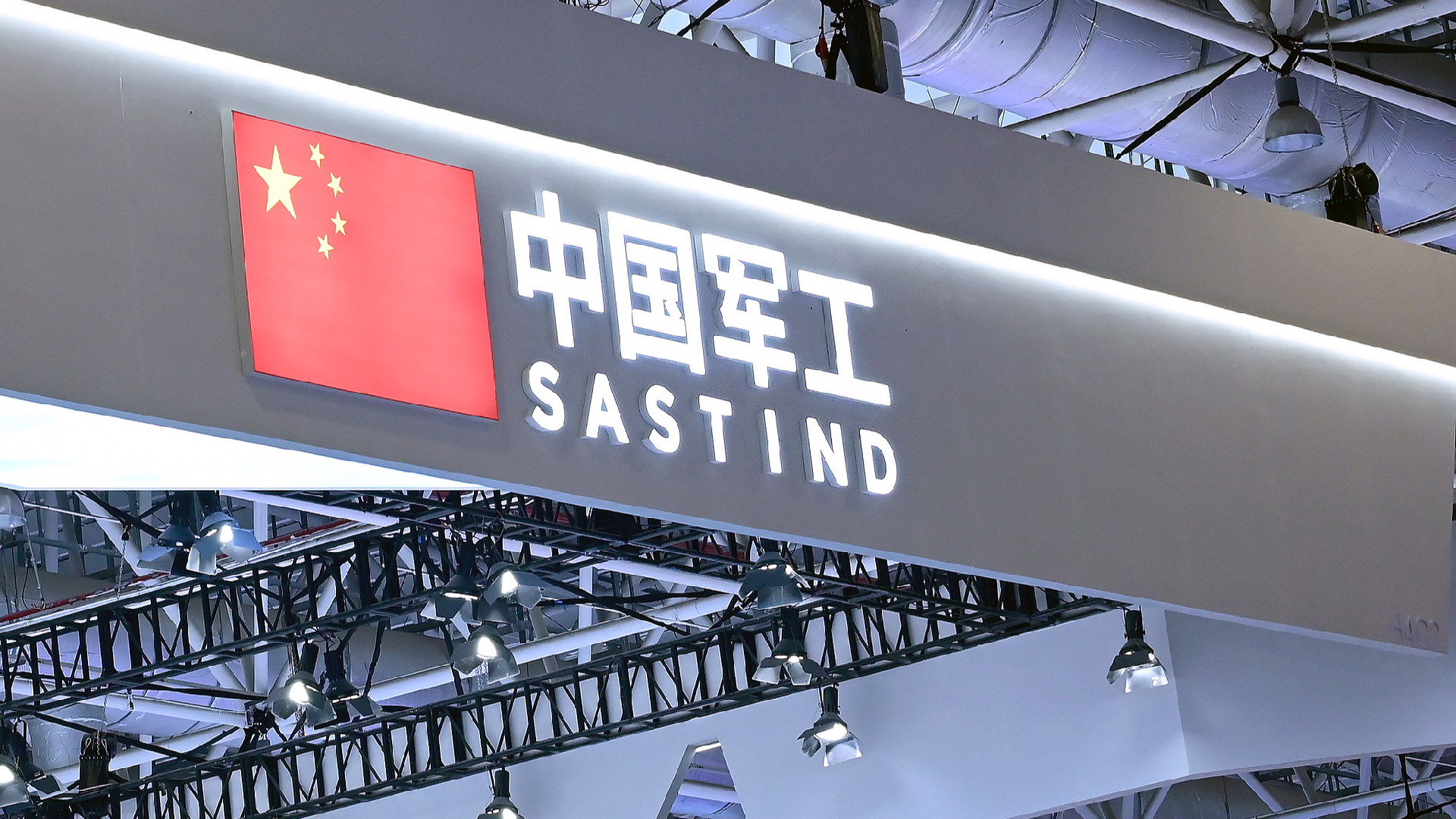Xi Jinping Signs Order to Strengthen Protection of Military-Industrial Facilities
Xi Jinping Signs Decree to Strengthen Protection of China's Key Military-Industrial Facilities

China has taken a significant step toward reinforcing the security of its defense sector, as President Xi Jinping, chairman of the Central Military Commission (CMC), has signed an order promulgating a comprehensive set of regulations aimed at safeguarding the nation’s key military-industrial facilities. The publication of this document was carried out jointly by the State Council and the CMC, with Premier Li Qiang also endorsing the move through a State Council decree.
The newly issued regulations are designed to bolster the protection of facilities deemed vital to China’s national defense, emphasizing their secure and efficient operation while supporting the ongoing modernization of the country’s military capabilities. According to official information, these measures will apply to a broad array of sites, encompassing buildings, research and production centers, testing and storage units for weaponry, as well as archives and data centers. The scope further extends to communication and observation stations, specialized transport hubs including military ports, docks, dedicated airports, and railway lines that play an essential role in the defense infrastructure.
Among the most notable provisions, the regulations require the establishment of special protection zones around such strategic sites. Entry into these areas without proper authorization from the designated management authorities is strictly forbidden. The restrictions apply to all individuals, vehicles, and vessels. Furthermore, any form of photography, videography, audio recording, sketching, or documentation within these protected zones is expressly prohibited, underscoring the gravity with which the authorities regard the confidentiality and safety of military assets.
The document clearly outlines that infractions of these rules may result in severe consequences, including potential criminal penalties. It additionally asserts that the imperative to safeguard military-industrial facilities must be considered when drafting broader socio-economic development plans, highlighting the administration’s commitment to integrating national defense priorities into China's overall growth strategy.
The regulations are detailed across 51 articles contained in seven chapters, reflecting the complexity and importance of the subject matter. These new standards are scheduled to come into effect on September 15, 2025, allowing time for relevant authorities and stakeholders to prepare for full compliance.
This regulatory advancement illustrates China’s determination to enhance the resilience of its military-industrial sector against emerging security risks, setting clear legal parameters to shield critical assets as the nation continues its push toward technological and strategic self-reliance in defense.




